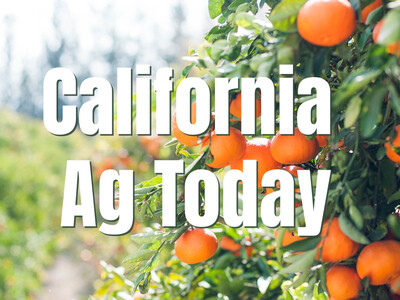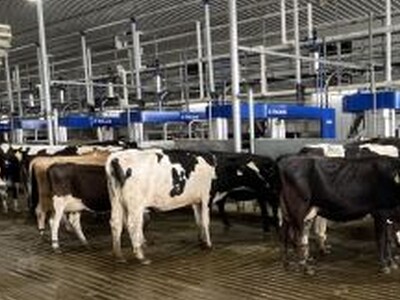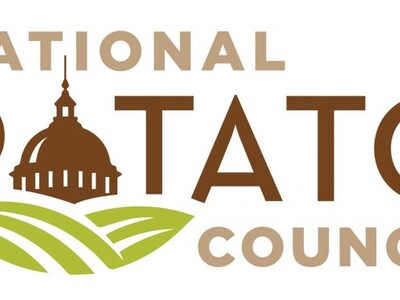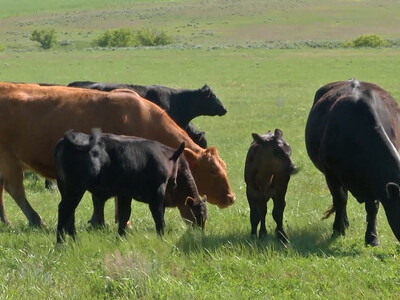Advanced Biofuels Requirement
The American Farm Bureau Federation is giving the Environmental Protection Agency a thumbs-up for its proposal to keep the 2018 conventional biofuels level at 15 billion gallons, as called for in the Renewable Fuel Standard. At the same time, the organization warned that EPA's plan to reduce the level of required advanced biofuels in the nation's fuel supply will undermine the goals set by Congress to create a more robust renewable fuels industry and greater energy independence."Renewable fuels have been a tremendous success story for the country and for the rural economy. The Renewable Fuel Standard has reduced our country's dependence on foreign crude oil, reduced air pollution, increased farm incomes and provided good-paying jobs in rural America," Dale Moore, AFBF executive director of public policy, noted in comments to the agency.
EPA's proposal includes an overall 2018 biofuel mandate of 19.24 billion gallons, with 15 billion gallons of that in conventional biofuels, or ethanol, and 4.24 billion gallons in advanced biofuels.
EPA's intention to reduce the 2018 requirements for advanced renewable fuel to 4.24 billion gallons, down from 4.28 billion gallons this year, not only dampens the prospects for reduced emissions and increased energy security, but also inhibits investment in cleaner, domestic fuels and the infrastructure needed to accommodate higher biofuel blends—all of which are goals of the RFS.
"The RFS was designed to give American consumers more choices at the pump and lower gas prices, and to utilize biofuel as more than just a gasoline additive with octane-boosting value. But Dale Moore, AFBF executive director of public policy, noted EPA's 2018 proposal fails to send the signal to the industry that greater infrastructure investment is needed and meaningful marketplace changes need to occur."
Farm Bureau is urging EPA to set the advanced biofuel requirements for 2018 at 5.25 billion gallons and the biomass-based diesel volume for 2019 at 2.75 billion gallons. EPA intends to finalize the rule by Nov. 30.














